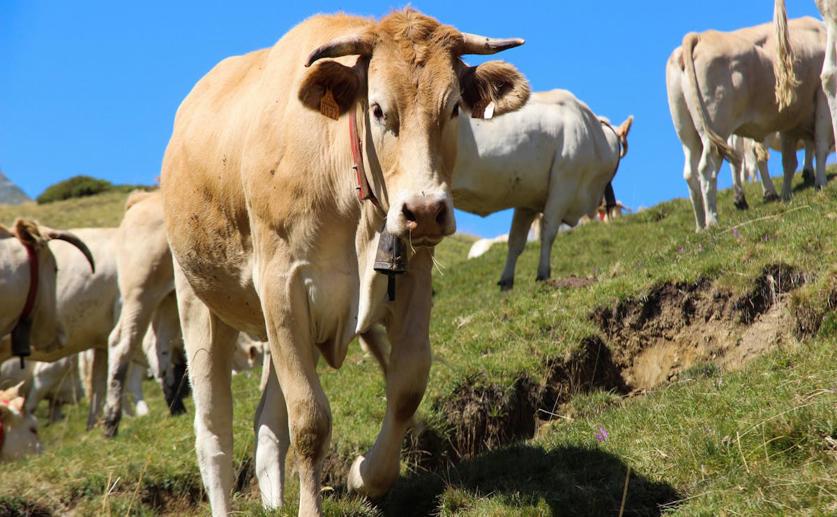
Assessing How Tannin and Oil Mixes Impact Cow Digestion
Jenn Hoskins
3rd April, 2024

Key Findings
- In a University of Pisa study, plant-based supplements reduced cow methane emissions
- Supplements Q-2 and C-10 were as effective as commercial products in cutting methane by 12%
- Unlike commercial options, Q-2 and C-10 didn't harm feed digestion or microbial diversity
NutritionBiotechAnimal Science
References
Main Study
1) Evaluation of ruminal methane and ammonia formation and microbiota composition as affected by supplements based on mixtures of tannins and essential oils using Rusitec.
Published 2nd April, 2024
https://doi.org/10.1186/s40104-024-01005-8
Related Studies
2) Invited review: Plant polyphenols and rumen microbiota responsible for fatty acid biohydrogenation, fiber digestion, and methane emission: Experimental evidence and methodological approaches.
3) Modulation of milking performance, methane emissions, and rumen microbiome on dairy cows by dietary supplementation of a blend of essential oils.
4) Invited review: Essential oils as modifiers of rumen microbial fermentation.
Journal: Journal of dairy science, Issue: Vol 90, Issue 6, Jun 2007
5) In vitro Screening of Essential Oil Active Compounds for Manipulation of Rumen Fermentation and Methane Mitigation.



 28th February, 2024 | Greg Howard
28th February, 2024 | Greg Howard